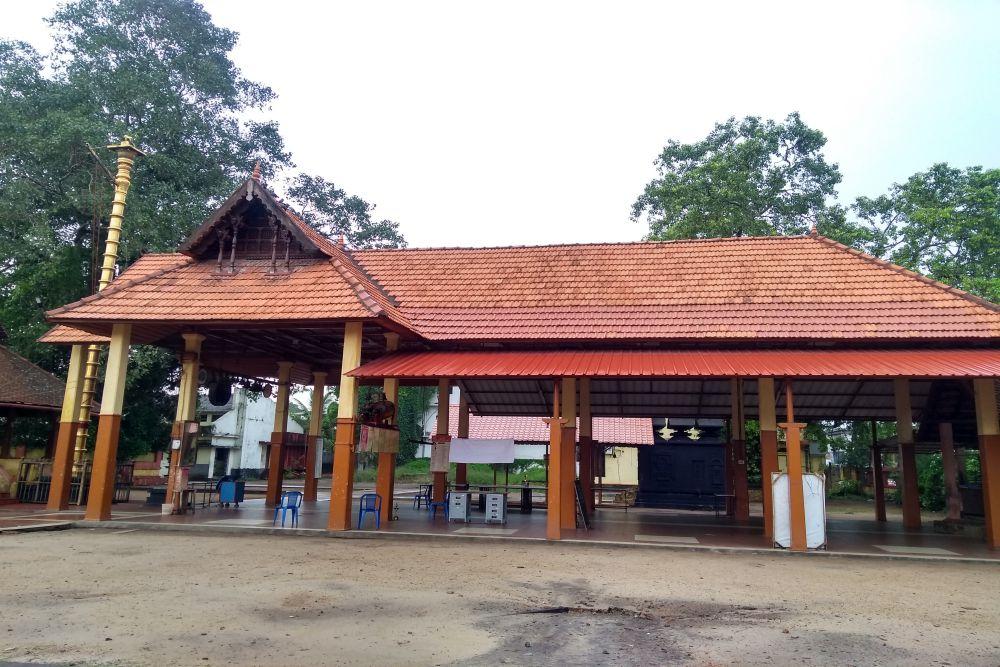

Nestled in the heart of Alleppey, also known as Alappuzha, in Kerala, India, the Mullakkal Rajarajeswari Temple is an epitome of spiritual tranquility and architectural splendor. This temple, dedicated to Goddess Rajarajeswari (an incarnation of Goddess Durga), has been a beacon of faith and tradition for centuries. The history of the temple is intertwined with the culture and heritage of Kerala, attracting both devotees and tourists alike.
The Mullakkal Rajarajeswari Temple has roots dating back to more than 500 years. The temple's origin is steeped in legends and local folklore, one of which suggests its establishment by the king Devanarayana of Chembakassery. The shrine has undergone several renovations over the years, with contributions from various patrons to maintain its grandeur and significance.
Alleppey, often referred to as the 'Venice of the East', has long been a hub for explorers and tourists from around the world. Over time, the Mullakkal Rajarajeswari Temple became an integral part of Alleppey's cultural landscape, drawing thousands of visitors during its annual festivals, especially the famed Mullakkal Chirappu. This festival marks a significant peak in tourism for the area, with rituals and celebrations that showcase the vibrant cultural tapestry of Kerala.
The temple’s architectural design, with its open roof sanctum, allows a view of the sky, which is unique and attracts not just the devoted but also those with keen interest in traditional architecture and cultural practices.
In recent years, there has been a shift towards spiritual and cultural tourism in Kerala. Visitors are increasingly seeking authentic experiences that provide insight into local traditions and ways of life. The Mullakkal Rajarajeswari Temple plays a pivotal role in this trend, offering an opportunity to witness religious ceremonies, classical music, dance performances, and elephant processions, which are part of its annual festive galore.
Sustainable and responsible tourism practices have also started to gain momentum in Kerala. The state government and various private stakeholders are working to ensure that the natural beauty and cultural heritage of places like Alleppey are preserved. Tourists are encouraged to engage in community-based tourism, where they can stay in local homes, eat regional cuisine, and participate in daily activities, which contributes positively to the local economy and social fabric.
In conclusion, the Mullakkal Rajarajeswari Temple remains a magnet for those looking to delve into the devout, serene, and the splendidly festive dimensions of Alleppey, thereby continuing to play a significant part in the canvas of Kerala’s tourism history.